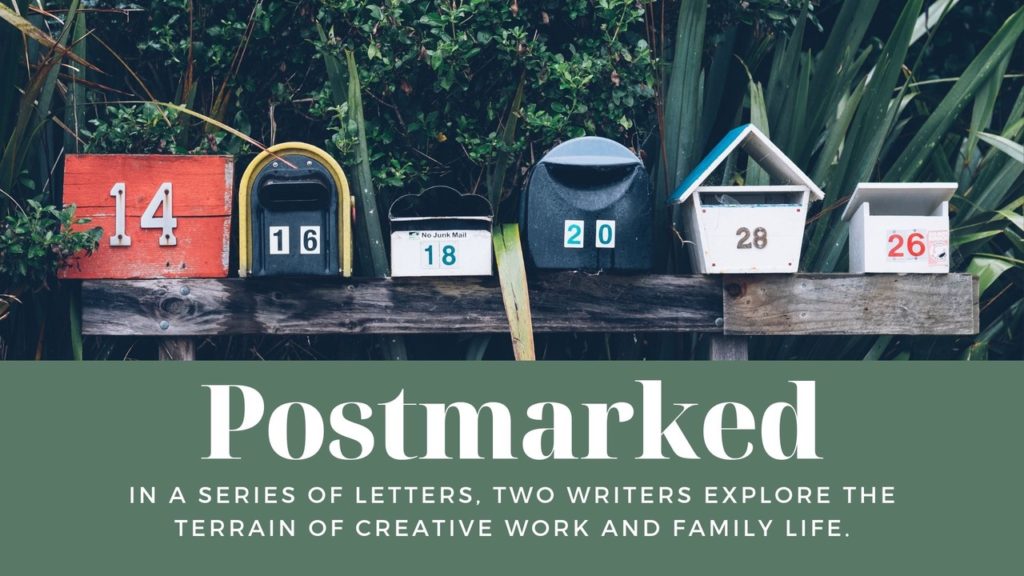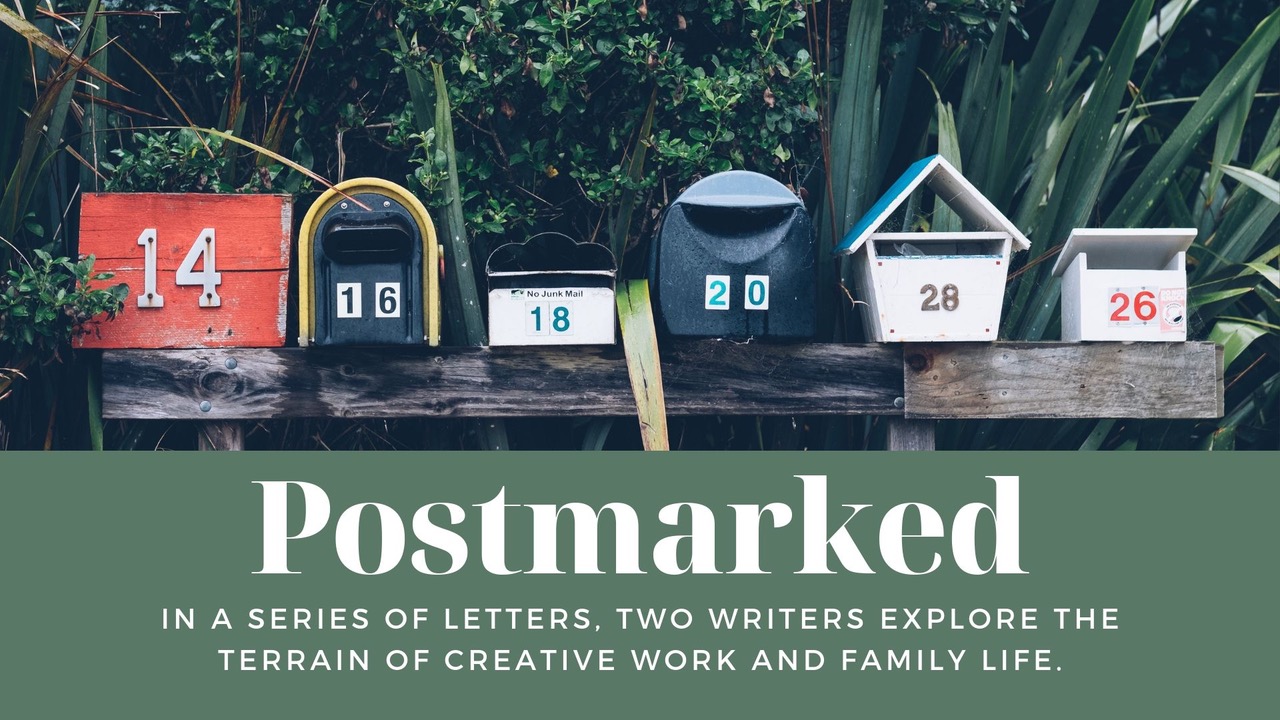Dear Jen
I hope this note finds you and your family doing well! It must be exciting, being so close to entering your renovated place. There’s something wonderful about starting again, about clearing away the old. There’s something so metaphorical about renovations, isn’t there?
Things are going well here in our small city. We’ve hit our stride as far as school routines go, I think, and Maile and I have both heaved that collective sigh of relief, as each child shows that they are finding their way. The temperatures are cooler each night, and the nights are longer each morning, and right now a strong breeze sends leaves clattering against the front of the house. It’s such an invigorating time of year.
I recognize in you a kind of middle-of-life maturity that I am only discovering in myself, specifically the ability to say no to opportunities that would actually be quite beneficial if they didn’t somehow take away from the more important things in my life. I’ve recently said “no, thank you,” to two speaking or conference opportunities because it would mean unnecessary time away from the family for little or no pay. In the past, my ego would have latched onto the chance to be on stage or promote my work, but as I get older, and by the grace of God, I’ve been able to see more clearly. It’s still not easy, saying no to such opportunities, but when I do I can almost feel a physical release in me, a kind of delicious letting go, like the ability to breathe deeply again when I didn’t even realize I had been holding my breath.
These yes or no propositions so often involve the circle you wrote about in your last letter, and when you asked the question, “What am I uniquely gifted to do?” I felt my eyes drawn to those words. For a moment, I couldn’t read any further.
“What am I uniquely called to do?”
It seems a rather momentous question to answer, one that shouldn’t be responded to frivolously or without great consideration. I think, I think, my answer would be that I am uniquely called to recognize and tell good stories. And if I continue being honest, I have to say that seeing those words written out makes it all seem rather silly, perhaps a bit childish. There are so many other callings that bear more weight, that carry more consequence.
But being uniquely called to recognize and tell good stories? I don’t know. It’s hard for me not to diminish that in my own mind.
Perhaps we are all tempted to do that in one way or another (diminish our own calling), and perhaps that’s what has led us to this place of distraction and noise and disjointed living. I don’t know for sure, but there seems to be some subterranean connection between all of those.
You know, maybe if I would give myself permission to fully live into my calling, I would have the same feeling of freedom I had when I said no to those opportunities. The expanded airways. The deep breath. The relief.
I’m curious—how did you answer that question? And what were the other questions you considered? If they are anything as probing as the first, that must be quite a list.
Thanks for your excitement regarding our podcast. Some of the inspiration for it came from these very conversations that you and I have been having. It’s called The Stories Between Us, and we’re releasing our first episode on Tuesday the 22nd. I’m eager to hear what you think about it.
And thanks also for your interest in my next title, These Nameless Things. You are very insightful! There is certainly a trauma that comes with nameless things, a burden we bear when we refuse to tell the truth, when we refuse to share the stories we are hiding. I’ll have to tell you more about it sometime.
How is your March 1 book coming along?
Happy renovating!
Kind Regards
Shawn
* * * * *
What began as a Twitter conversation between two writers on creative work and family life has become an exchange of letters. Here is where Postmarked began:


